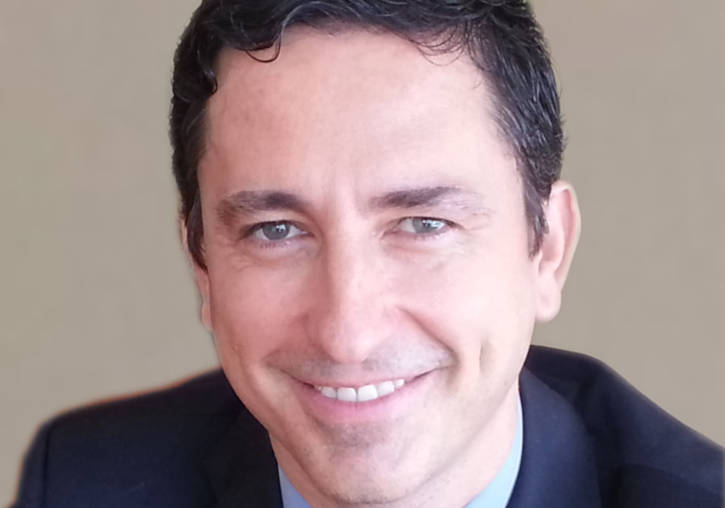
The senior researcher at the Real Instituto Elcano, Enrique Feás, visited the Universitat de València to give the conference 'The EU and the new (de)globalisation', which took place in the Magna Room of La Nau Cultural Centre last 4th October.
In the words of Enrique Feás, “the world of economy is experiencing unprecedent moments of uncertainty. Just when Europe had not yet recovered from the economic crisis caused by the COVID pandemic, a war on European soil has once again disrupted normality. In this new multipolar world, where international cooperation is at its lowest ebb, the EU is now fully aware that the trade and economic interdependence that served so well to secure peace within the continent cannot be extrapolated to deal with other non-democratic powers”.
In this context, can the EU cope with an energy crisis and runaway inflation without deeper economic and monetary integration? Can it defend itself against threats from other powers without common tools? Does it make sense to continue debating the Stability and Growth Pact or the extension of the Next Generation EU, or is it time to move to a more ambitious common budget? What will happen if there is an international financial crisis? Can so-called 'open strategic autonomy' guarantee the supply of essential goods in Europe without entering into a trade war, or leading to a de-globalisation that harms all citizens?
Enrique Feás answered these questions and others during his intervention in the series 'The reasons for Europe', which was hosted by Cecilio Tamarit, professor at the Universitat de València and director of the Centre de Documentació Europea de la UV, and organised in collaboration with the Jean Monnet Centre of Excellence on Integration and Globalisation.
Commercial technician, government economist and researcher
Enrique Feás is Senior Research Fellow at the Elcano Royal Institute, Associate Professor at IE University and the IE School of Global and Public Affairs, independent advisor to the Instituto de Crédito Oficial (ICO) and consultant. He is also a member of the Advisory Board of the Asian Development Bank Institute and the Internationalisation Think Tank of the Exporters and Investors Club.
He is a commercial technician and state economist on leave of absence. Previously, he has been Economic and Commercial Counsellor at the Spanish Embassies in Egypt and the Philippines, Deputy Director of Trade Policy with Mediterranean countries, Africa and the Middle East, Executive Counsellor of España Expansión Exterior, member of the FIEX-FONPYME Executive Committee of COFIDES, advisor for International Affairs to the Vice-President and Minister of Economy, and Deputy Head of the Sub-Directorate of Foreign Sector Studies. He is founder and co-editor of the economic policy blog 'BlogNewDeal.com' and co-author of the book 'La Unión hace la fuerza: Europa ante los desafíos del siglo XXI’ (Spanish for Strength through unity: Europe facing the challenges of the 21st century), published by Deusto.
His areas of expertise are international economics and the European Union, in particular on issues of globalisation and international economic and financial governance, trade policy and global value chains, economic and monetary integration in Europe, economic disintegration (Brexit), Next Generation EU, and Recovery and Resilience Planning.
The Escola Europea de Pensament Lluís Vives of the Universitat de València
The Escola Europea de Pensament Lluís Vives is a cultural project promoted by the Office of the Vice-Principal for Culture and Society, with the management of the General Foundation of the Universitat de València, which is configured as a space for reflection and participatory and critical debate on current affairs. The Escola has the collaboration of other actors from the Public Administration and civil society, such as the Presidency of the Generalitat Valenciana (Valencian Government); Valencia City Council; the Regional Department of Participation, Transparency, Cooperation and Democratic Quality; the Department of Education, Culture and Sport; the Valencian Academy of Language; the Institució Alfons el Magnànim; and Caixa Popular.






